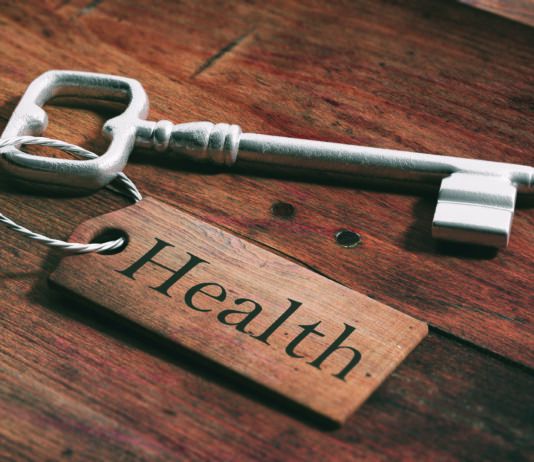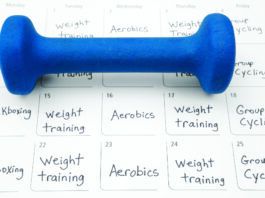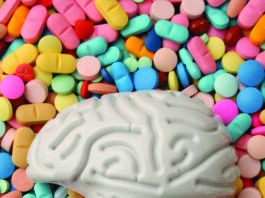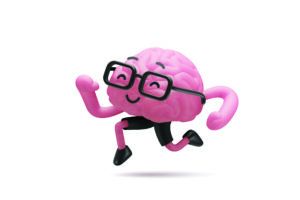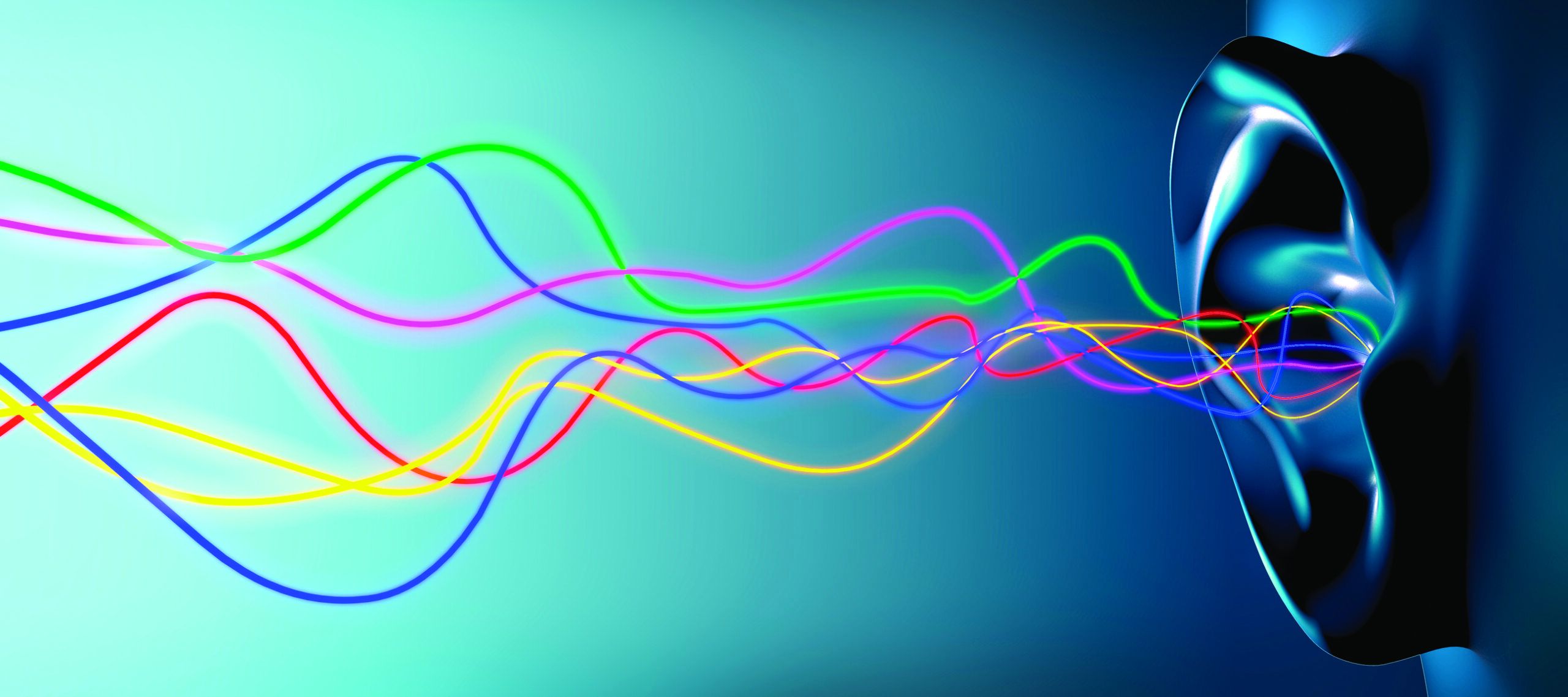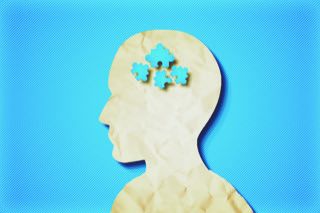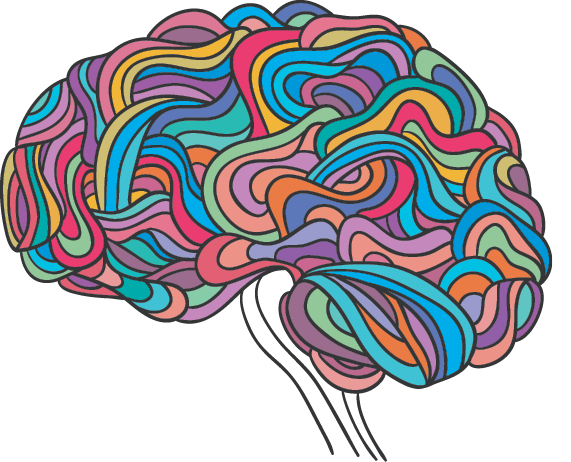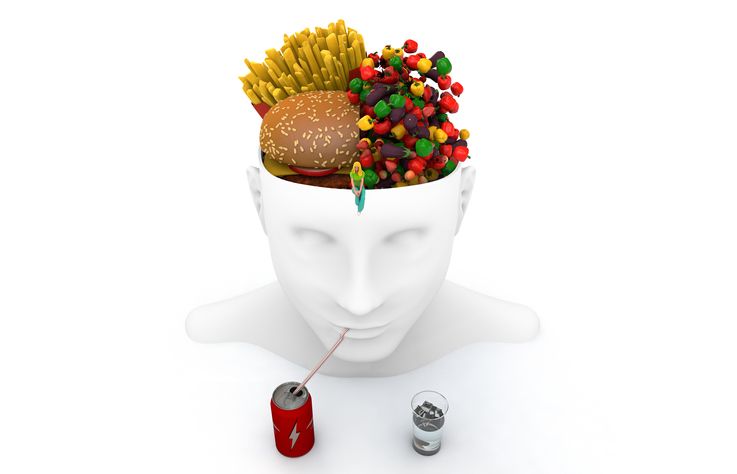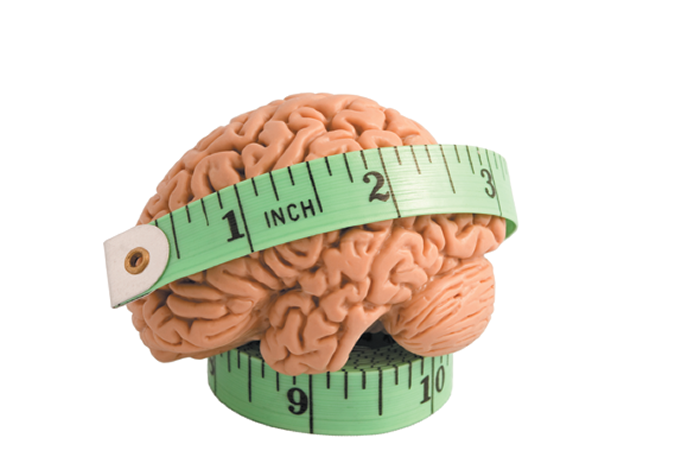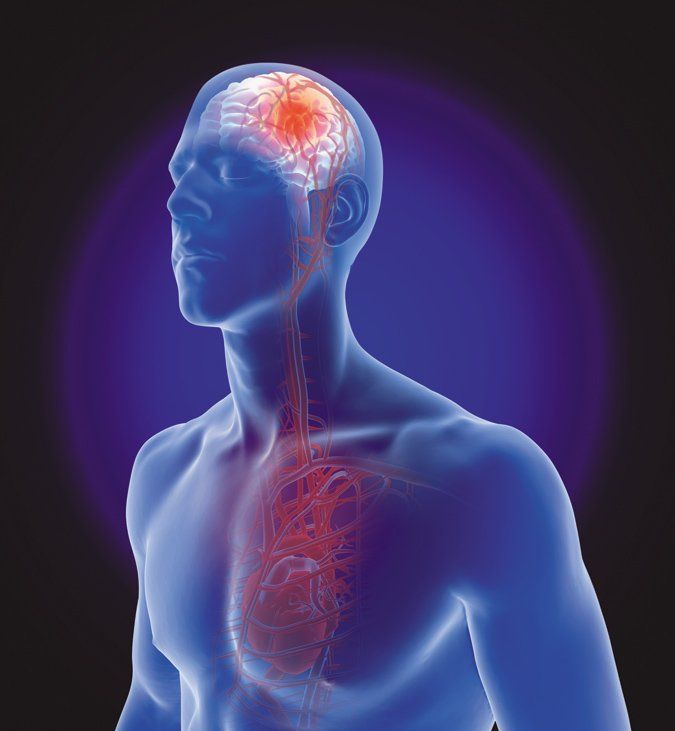Healthy Lifestyle May Support Better Brain Function—Even with Brain Changes Suggestive of Dementia
The Rush Memory and Aging Project gathered information on lifestyle and cognitive function for up to 24 years in a cohort of individuals and...
Hear Ye! Hear Ye!
Approximately 15 percent of adults in the U.S. report some trouble hearing. The older we get, the more likely it is we will experience...
For Prevention of Cognitive Decline, Reduced Calorie MIND Diet Not Superior to Simply Cutting...
A randomized, controlled trial compared the impact on cognitive function of a MIND diet with mild caloric restriction to a typical diet with mild...
New Findings on Cognitive Health
There is a growing understanding of the role lifestyle choices play in preventing and slowing the progression of cognitive decline. While we await new...
The Truth about “Brain-Boosting” Supplements
More than 25 percent of Americans ages 50 to 73 and 36 percent of those age 74 and over take supplements for brain health....
Getting Enough Sleep May Help Prevent Dementia
A new study found that, compared to getting seven hours of sleep a night, routinely getting six or less hours was associated with a...
Diets High in Saturated Fat and Sugars May Impact Brain Function
Diets high in saturated fat and added sugars—such as those common in Western countries like the U.S.—may impair memory and lower ability to control...
Association Found Between Waist Circumference and Dementia
A large Korean population study recently published in the journal Obesity found that abdominal obesity, as measured by waist circumference, was associated with significantly higher risk of dementia. The study included over 872,000 participants aged 65 years and older.
Homocysteine: The Facts
Doctors routinely measure blood levels of cholesterol, triglycerides, and blood sugar, because high levels are strongly associated with higher risk of cardiovascular disease, and bringing these levels down through diet, exercise, and appropriate medication may lower risk. Some researchers suggest that another measure, homocysteine (ho-mo-SIS-teen) levels, should be added to that list. Multiple studies have found an association between high blood levels of homocysteine and higher cardiovascular disease risk (especially heart attack) as well as higher risk of certain causes of cognitive decline, says Irwin H. Rosenberg, MD, a professor at Tufts Friedman School of Nutrition Science and Policy and senior scientist at the Neuroscience and Aging Laboratory.
Mediterranean Diet Associated with Lower Alzheimers Risk
Adhering to a Mediterranean-style eating pattern may protect the aging brain from Alzheimers disease, according to new research published in the journal Neurology. The three-year brain imaging study looked for Alzheimers disease-associated brain changes in 70 cognitively normal adults ages 30 to 60 years. Participants whose diets were closer to a Mediterranean style of eating showed fewer negative brain changes over the course of the study than those with lower adherence to this dietary pattern.





















